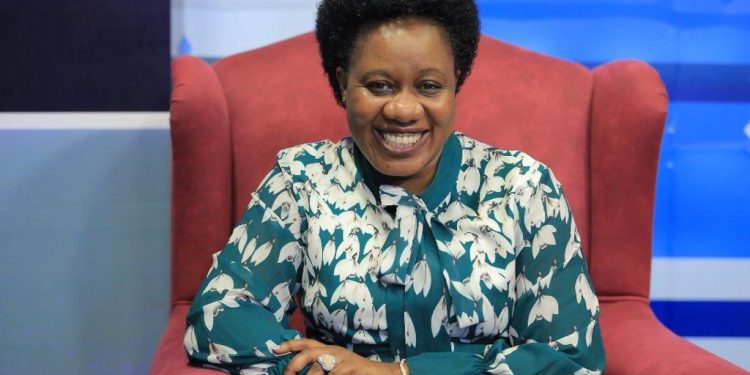By Dr. Sarah Bireete
In an article published in the New Vision on 14 October 2022, titled ‘Who do Ugandan NGOs represent?’, Andrew Mwenda attempts to advance an age old tired narrative that because NGOs in Uganda like many in the developing world receive funding from mostly international actors, they are agents of foreign interests and by extension, extensions of neo-colonialism. Never mind that the Ugandan government continues to enjoy much bigger proportions of this same privilege. There are generally two factors that lead to this alleged foreign agent status; foreign funding and participation in political activity.
The current regime has consistently labeled NGOs as agents of foreign interests, especially when they demand accountability for government actions or omissions. Specifically, the participation of NGOs in the political sphere has been the object of broad discussion in the public milieu. Political activity has been constructed as including influencing public opinion, (Section 48 of the NGO Act which is being challenged in the Constitutional Court and the newly amended computer misuse act, as examples), mobilizing citizens to demand accountability and seeking to influence legal and policy frameworks. As a result, virtually any activity by NGOs can be considered political. Its important to underscore the fact that the work of NGOs in creating avenues for citizens participation in their governance, is a function enshrined in the 1995 Constitution of Uganda
It is clear that anti-democratic governments do not like NGOs. They don’t like the fact that NGOs create an environment for citizens to demand better from the regime, in the form of better services, better use of their taxes, better prioritization of resources, curbing back on excesses and violations of citizen rights.
So the article written by Mwenda is not surprising, and has long been a well-orchestrated strategy to destroy the reputation of Ugandan NGOs by first accusing them of being unpatriotic and saboteurs of development. Second, consistent closure of NGO offices, bank accounts and making it harder to receive funding. Third, by harassing them through criminal or money laundering investigations on fabricated charges.
Because NGOs are so important to democracy, governments in Africa are enacting regressive regulatory mechanisms to disenable NGOs effectiveness.
It is important to reiterate that NGOs help democracy work properly. NGOs do this by making it easier for people to get information about how their country is being run, helping the public to make informed decisions and making sure that governments do not abuse their powers. For any democracy to flourish, a country must have a vibrant civil society sector. NGOs are citizens vehicles for checks, balances and amplifying citizens voices in governance.
The issue of who do NGOs represent was resolved long ago under National Objective (II) (v) (vi); Articles 1(I); 17 and 38 of the Constitution as well as Article 1, UN Declaration on Human Rights Defenders “Everyone has the right, individually and in association with others, to promote and to strive for the protection and realization of human rights and fundamental freedoms at the national and international levels”
Some NGOs represent particular groups and others speak for more general public interests that they have decided are worth protecting. These public interests are often protected by national constitutions or in international treaties. In this way, NGOs are representing the whole of society because they are trying to make sure governments stay inside their democratically agreed powers and functions.
Historically, the State as the sole deciding authority for matters concerning “national” interest has been queried for at least three decades. Since 1972, some authors demonstrated the emerging transnational flows and interactions, which created a setting of complex interdependence in which the notion of government sovereignty has to be replaced by the concept of autonomy, measured by its dimensions of sensitivity and vulnerability. In this context, the statement by the United Nations Secretary General at the 1999 General Assembly is instructive, according to which “States must serve their people. If they fail to do so and allow serious Human Rights abuses, they are open to justified intervention by the international community, in the shape of UN itself”.
So there is significant premise for the State and Civil Society to have better relations, which will translate into a suitable environment for NGOs to perform in; and into progressive democracy.
The Author is the Executive Director of Center for Constitutional Governance (CCG) and Chairperson of East and Horn of Africa Elections Observers Network (EHORN)











